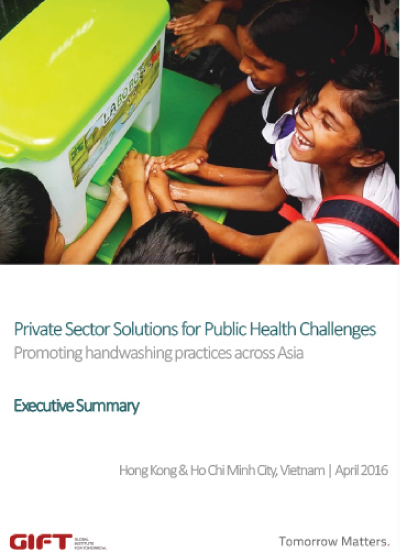Access to clean water and proper sanitation is not only a basic human right but also a critical factor in improving public health, economic productivity, and social development. Globally, nearly 2.4 billion people lack access to adequate sanitation facilities, and unsafe water sources contribute to around 80% of diseases in developing countries. The United Nations estimates that inadequate sanitation costs the world almost US$260 billion annually, while every US$1 invested in sanitation can deliver a US$5.50 return by keeping people healthy and productive. Yet, despite its importance, access to clean water is often taken for granted, and valuable resources are frequently contaminated or wasted.
Vietnam has made remarkable strides in water and sanitation over the past decades. In the 1990s, two out of five Vietnamese lacked access to improved drinking water sources, and 80% of the population lived in rural areas where tap water was virtually non-existent. With international support, the government has pursued universal access to water and sanitation, and today 98% of the country’s 90+ million residents enjoy improved drinking water sources. However, challenges remain: five million people still practice open defecation, and fewer than 10% are connected to sewerage networks with proper treatment. Hygiene-related illnesses continue to impose an economic burden estimated at US$262 million annually.
Handwashing with soap is recognised as one of the most cost-effective and accessible ways to reduce disease, from pneumonia and diarrhoea to skin and eye infections. Despite public awareness campaigns and billions invested in development programs, consistent handwashing practices remain critically low, highlighting the gap between knowledge and action.
Addressing this challenge, the Vietnamese social enterprise HappyTap was founded in 2014 as a market-based solution to improve hygiene outcomes. Its flagship product, the Labobo handwashing station, is affordable, portable, and designed to encourage regular handwashing. By combining innovative design, including liquid soap dispensers and sensor technology, with strategic partnerships across private, public, and civil sectors, HappyTap aims to scale access to effective handwashing solutions while generating valuable data on consumer behavior.
The report recommended:
- Dual structure
HappyTap Company handles production, sales, and distribution, while the HappyTap Foundation drives educational campaigns and research on hygiene practices. - Innovative product
The Labobo handwashing station is low-cost, easy to use, portable, and now includes sensor technology to track usage and handwashing behavior. - Strategic partnerships
Collaboration with private, public, and civil sector organisations to expand distribution and reach more people. - Investment opportunity
Initial capital requirement of US$2.6 million, projected IRR of 11%, Net Present Value of US$511,703, and a payback period of 5.4 years. - Social impact
Expands access to hygiene solutions, reduces disease burden, and promotes public health for millions in Vietnam and the region.


